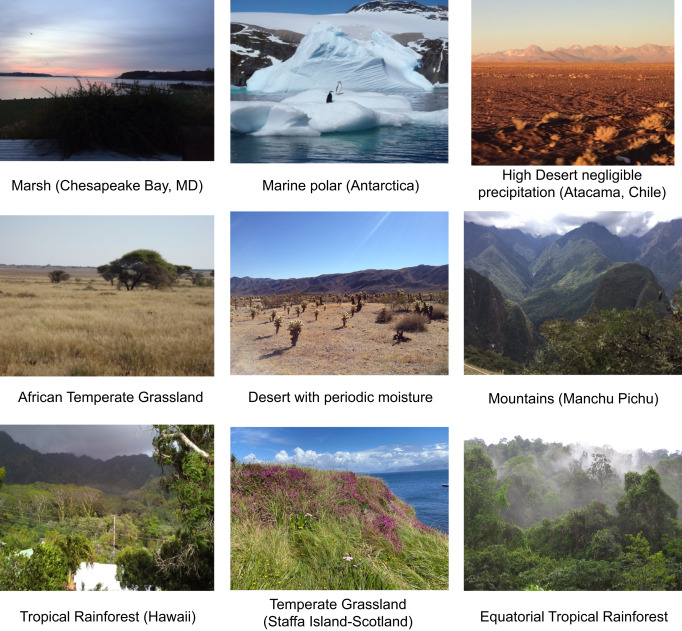Introduction and Objectives: We aimed to analyze the trends of total and sex-stratified mortality from hepatitis C virus (HCV) and to estimate the proportion of non-alcoholic liver disease deaths in Mexico attributable to HCV from 2001-2017. Materials and Methods: Using the mortality multiple-cause dataset, we selected the codes for acute HCV and chronic HCV to analyze trends from 2001 to 2017.
Before we were agriculturalists we got all our food by hunting, gathering and fishing. But what did this look like?
Elsevier,
Principles of Gender-Specific Medicine (Fourth Edition)
Sex and Gender-Specific Biology in the Postgenomic Era
2023, Pages 409-429
This content aligns with Goal 3: Good Health and Wellbeing as well as Goal 10: Reduced Inequalities by emphasizing the importance of gender-specific medicine in pharmaceutical development and global healthcare, aiming to improve health outcomes for all genders. By addressing the challenges faced by the pharmaceutical industry in integrating knowledge on sex-specific biological differences into drug development programs, the chapter advocates for strategies to promote equity in healthcare access and outcomes. Additionally, it recognizes the importance of addressing gender disparities in healthcare and advocating for approaches that ensure equal access to gender-specific pharmaceuticals. Through these efforts, the content supports the goal of reducing inequalities in healthcare access and outcomes, ultimately contributing to the promotion of good health and well-being for all individuals, regardless of gender.
One Health and the Exposome embrace a broad view of human health and its environmental drivers as well as provide various tools and modes of operation to systematically uncover pathways linking poor health outcomes with their root causes to inform interventions supporting the WHO SDG3.
Habitat conversion and resource utilization have been identified in the One Health approach as drivers of poor ecosystem health that can lead to disease spillover events supporting SDG3.
This study provides significant information on the occurrence and composition of MPs in the Tampico beach, in addition, we compared the abundance of MPs of this study with similar studies from different parts of the world.
Elsevier,
Translational Surgery
Handbook for Designing and Conducting Clinical and Translational Research
2023, Pages 591-597
The extensive history of abuse and ongoing mistreatment of Black Americans continues to foster apprehension and distrust of healthcare providers. This has resulted in substantial barriers for modern healthcare to appropriately address the needs of Black patients. These concerns have been visibly manifested during the COVID-19 pandemic. This article supports WHO SDG 3 Good Health and Wellbeing and SDG10 Reduced Inequalities.
This viewpoint calls for the recognition of populations mental health as a priority and for actionable plans to address it in the CARICOM region.
Elsevier,
The Thinking Healthcare System
Artificial Intelligence and Human Equity
2023, Pages 99-129
Highlights the 21st century's fundamental “global health” reformulation of PubHealth and anticolonial resistance (to a perceived cultural imperialism of the West including in PubHealth) supporting SDG 3.
The rescue of wild animals after major environmental disasters is complex and requires an an integrative approach. Conservation scientists describe a successful example that lead to the reproduction of the only pair of Jaguars under reproductive age saved from the devastating Pantanal wildfires that killed over 16.9 million vertebrates in 2018..



